Lemon For Dandruff: 11 Effective DIY Remedies To Try
Tap into the anti-dandruff properties of this fruit to fight those pesky flakes.
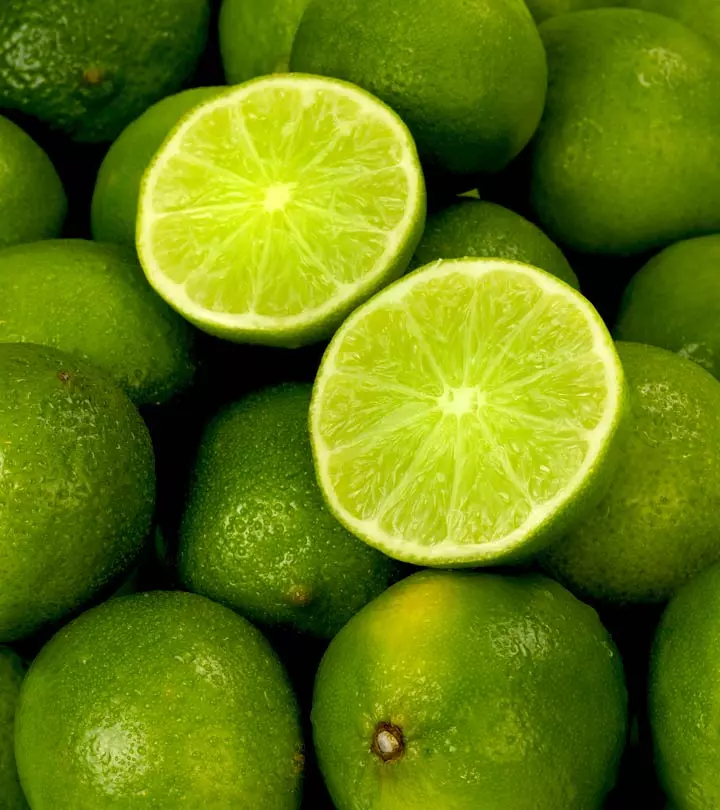
Image: istock
Using lemon for dandruff is a well-known remedy. But there are several effective ways to get rid of dandruff completely. This simple ingredient in almost every kitchen can effectively tackle dandruff. Citric acid, the major compound in lemons, can be attributed to this. It helps fight dandruff from the roots. Also, lemon has the property to fight fungus, which causes dandruff. Hair fall can be managed and the volume of your tresses can be restored (1), (2). This versatile ingredient not only tackles dandruff but is known for offering other hair benefits as well such as eliminating excess oil from the scalp and bestowing a natural luster.

Doro Cubillo, a YouTuber, shared her experience and a simple yet effective home remedy for getting rid of dandruff using lemon juice. She said, “I’ve been using lemon juice in my hair as a dandruff treatment for the past months and I can tell you from the first application how amazing this natural dandruff remedy works on my hair and how I felt instantly relieved from this problem (i).”
There are various ways of using lemon to combat dandruff, which are listed in this article. Pick the one which suits you the best. Also, pay attention to the ingredients listed, as some may trigger allergies for sensitive scalp. Be sure you are not allergic to any ingredients in the method chosen. Scroll down to know more!
In This Article
How To Use Lemon For Dandruff Treatment
No More Dandruff Flakes Ruining Your Look With These Remedies
1. Apple Cider Vinegar And Lemon
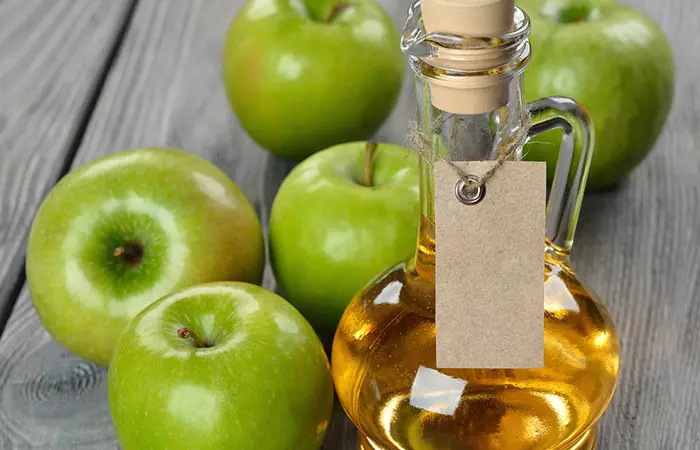
You Will Need
- 4 tablespoons apple cider vinegar
- 2 tablespoons lemon juice
- Cotton ball
What You Have To Do
- Mix the vinegar and lemon juice in a bowl.
- Dip the cotton ball in this solution and apply it on the scalp by making thin partitions. Make sure to cover the entire scalp area.
- Rinse it off after 20 minutes.
How Often You Should Do This
Repeat twice a week. This will help balance sebum production and remove dandruff with regular and continued use.
Why This Works
ACV brings back the pH balance on the scalp as a result of which the dandruff fungus cannot survive there anymore.
Also, the dryness and itchiness accompanied by dandruff are also alleviated (3, 4).
2. Almond Oil And Lemon Juice
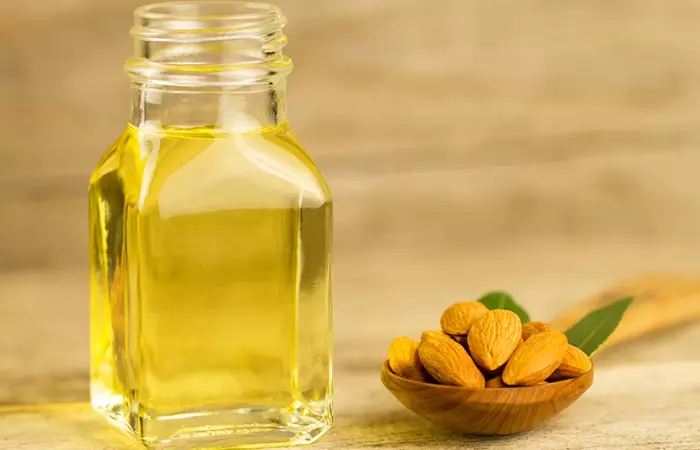
You Will Need
- 3-4 tablespoons almond oil
- 2 tablespoons lemon juice
- 3-4 drops tea tree oil OR 1 teaspoon witch hazel oil (optional)
What You Have To Do
- Mildly warm up the almond oil on indirect heat. To this, add the lemon juice and any of the optional oils if you have them available at home. Mix well.
- Apply this on the scalp and nicely massage it in.
- Leave this on for 15-30 minutes.
- Rinse your hair with shampoo as usual.
 Quick Tip
Quick TipYou can use coconut oil, olive oil or mustard oil in place of almond oil.
How Often You Should Do This
Do this regularly for at least 2-4 times a week to remove dandruff effectively.
Why This Works
Almond oil soothes the itchy and flaky skin on the scalp. It provides the skin with vitamin E nourishment and hydrates it (5). Tea tree oil or witch hazel oil has antiseptici A property or compound that helps reduce the possibility of infection by killing microorganisms. properties. When added to the oil blend, they will help lemon juice effectively eliminate the Malassezia fungus and hence, dandruff (6, 7).
3. Aloe Vera And Lemon
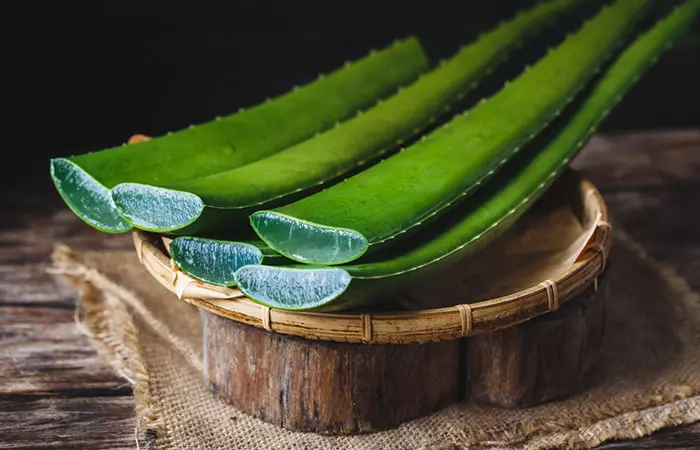
You Will Need
- 2 tablespoons aloe vera gel
- 2 tablespoons lemon juice
What You Have To Do
- Mix the aloe gel and lemon juice together and apply on the scalp.
- Massage for a few minutes and let the hair pack sit for 10-15 minutes.
- Rinse with shampoo as usual and follow up with a hair conditioner.
It is best to use fresh aloe vera gel.
How Often You Should Do This
Use this twice a week to soothe an itchy and flaky scalp.
Why This Works
Aloe vera alleviates the itchiness and dryness of the scalp, thereby promoting scalp hydration. Additionally, its antimicrobiali The property of a substance to kill the growth of disease-causing microorganisms like bacteria, fungi, and viruses. properties make aloe vera work for dandruff by reducing the fungal growth that often contributes to this condition (8).
4. Amla And Lemon
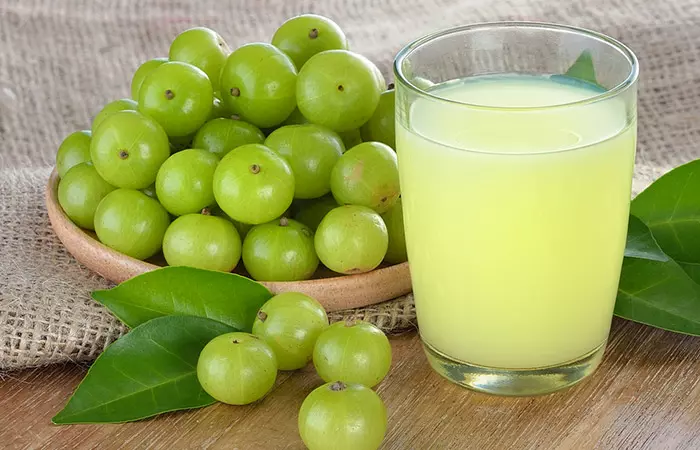
You Will Need
- 2 tablespoons amla juice
- 2 tablespoons lemon juice
- Cotton ball
What You Have To Do
- Mix both the juices together and apply on the scalp using a cotton ball.
- Leave it on for 30 minutes and then rinse your hair as usual.
How Often You Should Do This
Repeat this once every 3-4 days to soothe and cleanse an itchy scalp.
Why This Works
Amla helps with hair and scalp cleansing while providing nourishment to give the hair a natural shine and luster.
Amla also prevents premature graying (9).
5. Yogurt And Lemon
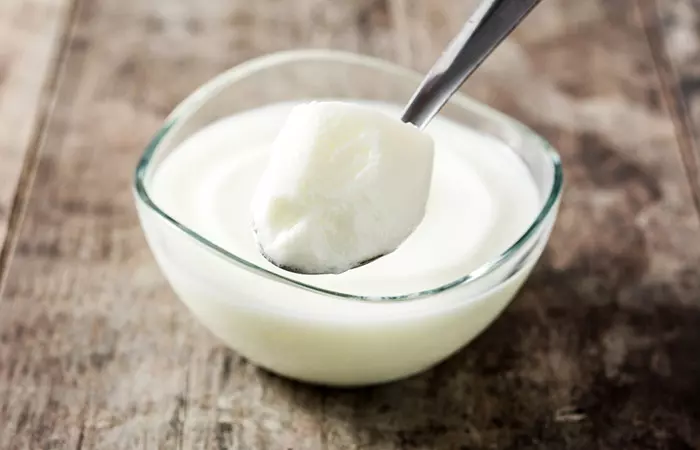
You Will Need
- 2 tablespoons yogurt (curd)
- 1 tablespoon lemon juice
- 1 teaspoon honey
What You Have To Do
- Apply the mixture of all the ingredients on the scalp.
- Keep it on for at least 20 minutes before washing the hair with shampoo.
How Often You Should Do This
Use 2-3 times a week to soothe the scalp irritation caused due to dandruff.
Why This Works
The natural enzymes and acids in yogurt eliminate dandruff completely in just a few applications
(10).
6. Egg And Lemon
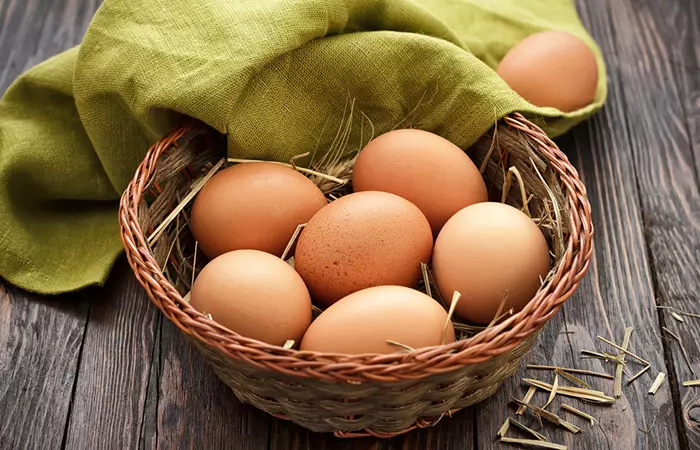
You Will Need
- 1 egg
- 1 tablespoon lemon juice
What You Have To Do
- Whip the egg and add lemon juice to it. Mix thoroughly.
- Apply on the scalp and let it dry for 30 minutes.
- Rinse with a mild shampoo.
How Often You Should Do This
Apply this egg hair mask once a week.
Why This Works
Eggs contain protein that may help stimulate hair growth. They are also excellent hair and scalp conditioners and disinfecting agents (11) (12).
 Did You Know?
Did You Know?7. Honey And Lemon
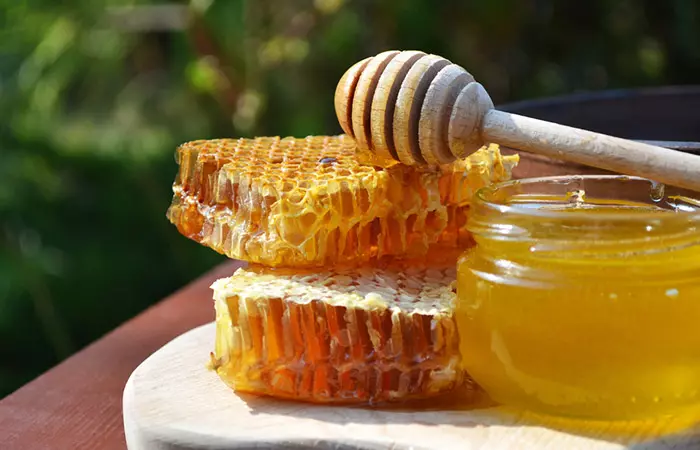
You Will Need
- 2 tablespoons lemon juice
- 4 tablespoons honey
What You Have To Do
- Mix the two together and add some water if required.
- Apply on the scalp and also on the hair for 10-12 minutes.
- Rinse with shampoo.
How Often You Should Do This
Repeat once in every 4-5 days.
Why This Works
Honey contains anti-inflammatoryi The property of a substance that can help reduce redness, swelling, and pain by blocking the inflammation-causing substance. compounds, antioxidants, and antimicrobial compounds as well.
It is also a humectant that keeps the scalp hydrated (13). Dryness, itchiness, and flakiness due to dandruff and scalp infection will all be taken care of with this home remedy.
8. Baking Soda And Lemon
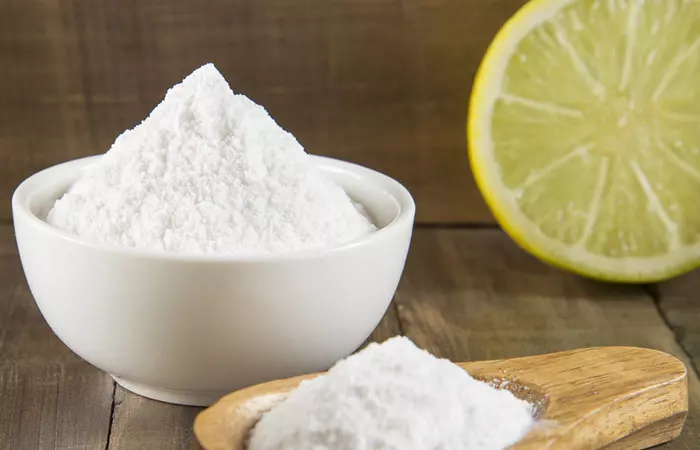
You Will Need
- 2-3 tablespoons lemon juice
- 2 teaspoons baking soda
What You Have To Do
- Mix the baking soda with the lemon juice and apply on the scalp.
- Leave it on for 4-5 minutes or until your scalp starts to itch, whichever is the earliest.
- Rinse off the baking soda-lemon juice thoroughly with water.
You can also use a cup of apple cider vinegar diluted in five cups of water for the final rinse.
How Often You Should Do This
Do this again after a week, if required.
Why This Works
Baking soda has antifungali The ability to selectively remove fungal pathogens from your hair, skin, and nails without causing toxicity. properties and will kill the fungus growing on your scalp (14).
9. Orange Peel
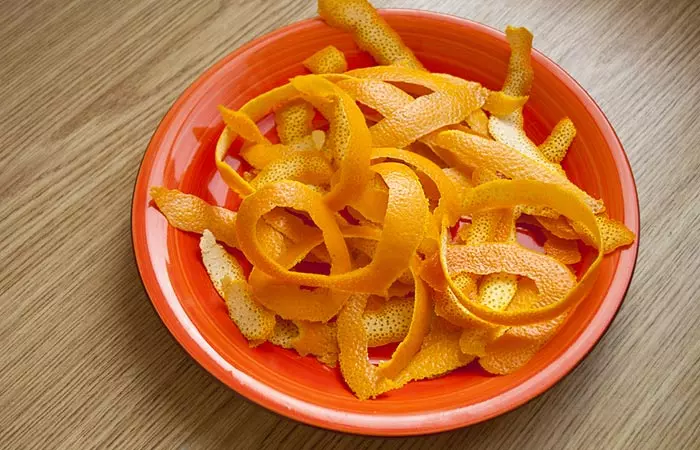
You Will Need
- 2 tablespoons dried orange peel powder
- 2-3 tablespoons lemon juice
What You Have To Do
- Mix the orange peel powder with the lemon juice. If you think that the paste is too thick, dilute it with some plain water.
- Now apply this on the scalp using your fingertips for gentle scalp exfoliation.
- Keep it on for about 20 minutes before rinsing.
How Often You Should Do This
Repeat once every week.
Why This Works
Anecdotal evidence suggests orange peel balances the scalp pH and promotes circulation. It has a pH ranging from 3.5 to 5.8 (15).
10. Fenugreek Seeds
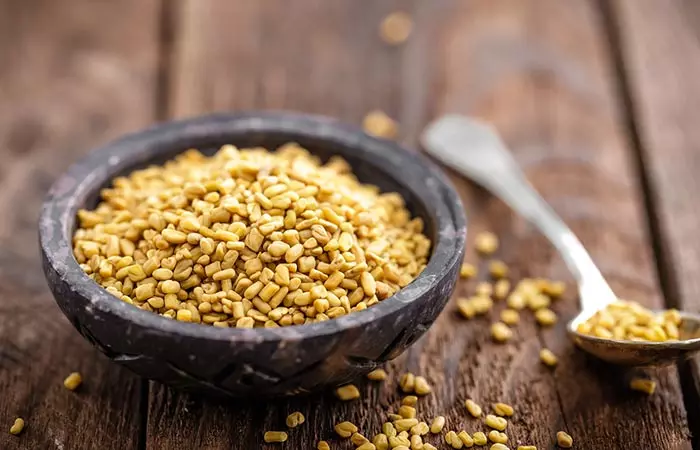
You Will Need
- 1 1/2 tablespoons fenugreek seed powder
- 2 tablespoons lemon juice
What You Have To Do
Apply the ingredient mix on the scalp for about 20 minutes and then rinse it off.
How Often You Should Do This
Repeat this hair pack once every 10 days.
Why This Works
Fenugreek exerts a cooling effect on the scalp and effectively removes dandruff with its rich vitamin and mineral content (16).
11. Tea And Lemon Juice
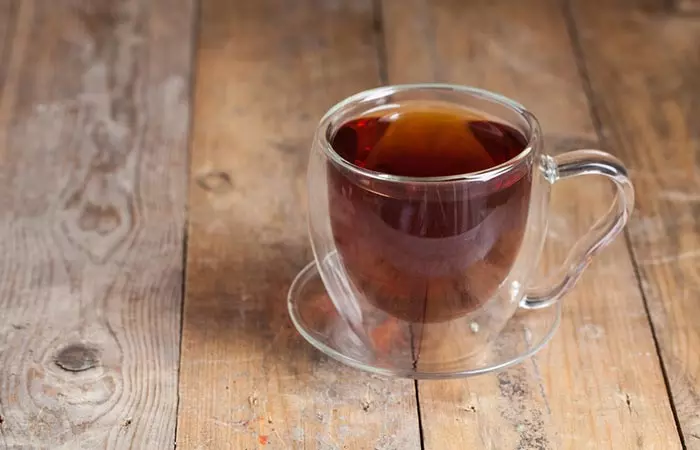
You Will Need
- 2 tablespoons tea powder
- 1/2 cup hot water
- 1 teaspoon lemon juice
- Cotton ball
What You Have To Do
- Make a thick consistency tea by adding the tea powder to the water. Keep the lid closed and let the tea steep for a few minutes.
- Then strain the decoction prepared and add the lemon juice to it. Mix well.
- While it’s still warm (but not hot; otherwise the scalp will burn), apply this solution using a cotton ball on the scalp and leave it on for about 15 minutes.
- Rinse off under tap water.
How Often You Should Do This
This remedy will give best results if repeated twice a week.
Why This Works
Tea is a great way to get rid of dandruff as it has antimicrobial properties. It also contains antioxidants that rejuvenate the skin on the scalp and help it return to its normal state soon (17).
Key Takeaways
- Lemons contain citric acid and antifungal properties that may reduce dandruff.
- Combine lemon juice with nourishing ingredients like aloe vera, orange peel, or eggs for improved hair health.
- A mixture of tea powder and lemon juice may eliminate dandruff as tea has antimicrobial properties.
- Always do a patch test before using lemon juice and consult a doctor if you face any allergic reactions.
Side Effects Of Lemon For Dandruff
As much as there are advantages of using lemon for dandruff, there are also side effects of lemon for dandruff. If you experience any of the following potential side effects and if the problem persists, discontinue its use and consult a doctor immediately (18).
- Stinging
- Burning
- Blister formation
- Dryness
- Increased dandruff due to very dry hair
If you do not experience any of these side effects, then you can use this remedy. Apart from treating dandruff, lemon can also help improve your hair in several ways. Read on to know more.
Benefits Of Applying Lemon On Hair
Lemons are rich in vitamin C, which can help enhance the body’s collagen production to aid in hair strength and growth (19 ), (20), (21). Anecdotal evidence suggests that the antioxidant properties of lemon may help promote hair growth, while its purifying properties may clean the scalp and unclog hair follicles. This may lead to better product absorption and help improve hair health. It mayalso function as an astringent in controlling scalp oil production, helping prevent buildup and keeping your scalp clean and healthy.
Lemon contains citric acid, making it a popular DIY remedy for dandruff control. The tips and recipes discussed in the article will help you learn how to use lemon for dandruff. You may combine it with other ingredients readily available in your kitchen, like apple cider vinegar, aloe vera, orange peel, egg, yogurt, honey, tea, or baking soda. Additionally, consume a healthy diet rich in vitamins and minerals like biotin, zinc, selenium, and Vitamin B complex. To prevent dandruff, you may also oil your scalp with essential oils like peppermint oil, lavender oil, and tea tree oil. Ensure to dilute them with carrier oils like almond oil or coconut oil. Following these recipes and prevention tips may help protect your scalp from dandruff.
However, always be cautious while using new ingredients. Do a patch test before applying them to your scalp. Consult a doctor if you notice any allergic reactions.
Frequently Asked Questions
How long does it take to see results from using lemon for dandruff?
Results from using lemon for dandruff can typically be seen within a few weeks. Consistent application, combined with a proper hair care routine, enhances effectiveness and helps reduce flakes over time.
Is it safe to use lemon juice on colored hair?
Lemon juice has citric acid which can lighten the hair strands, hence it may affect color-treated hair. It is advised to use it with caution to avoid fading or damage.
Can I rub lemon on my scalp for dandruff?
Do not rub lemon directly on your scalp as it may cause scalp inflammation, irritation, or burn a sensitive scalp. Squeeze out the juice, dilute it in water, and use it as a hair rinse.
Can I apply coconut oil with lemon for dandruff?
Yes, you can apply coconut oil and lemon juice to your scalp. These ingredients help keep the scalp clean and clear of dandruff and work wonders for promoting hair growth. Combining coconut oil and lemon juice for hair growth ensures your scalp remains healthy while nourishing your strands.
Can I leave lemon juice on my scalp overnight for dandruff?
Don’t leave concentrated lemon juice on your scalp overnight as it may cause damage, dryness, and irritation. Dilute it with a carrier oil, water, or aloe vera if you want to leave it on overnight.
Illustration: How To Use Lemon To Get Rid Of Dandruff
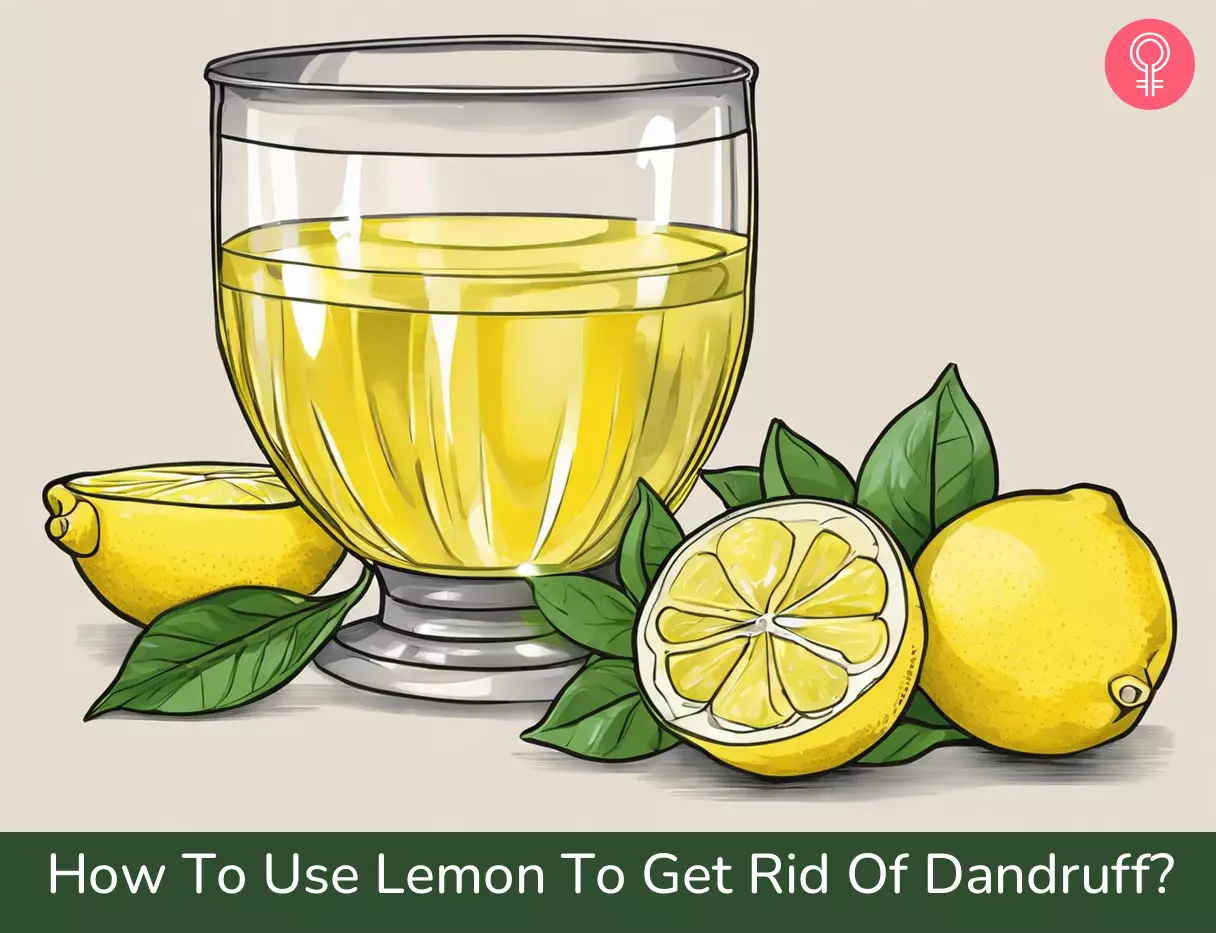
Image: Stable Diffusion/StyleCraze Design Team
Learn how to make an easy and effective anti-dandruff lemon mask to use before hair wash. Check this video to know how to get rid of dandruff and keep your hair healthy and shiny!
Infographic: 4 Easy Ways To Use Lemon To Treat Dandruff
Lemon contains citric acid that may help fight dandruff from the roots. It also has antifungal properties that target the fungus known to cause dandruff. When combined with other natural ingredients that have antimicrobial and soothing properties, it can help treat dandruff more effectively. Check out the infographics given below to learn the easiest ways to use lemon to combat dandruff.
Illustration: StyleCraze Design Team
Personal Experience: Source
StyleCraze's articles are interwoven with authentic personal narratives that provide depth and resonance to our content. Below are the sources of the personal accounts referenced in this article.
i. How to remove dandruff in 10 minutes using lemon juice!https://www.youtube.com/watch?v=dop7tpTVFl8
References
Articles on StyleCraze are backed by verified information from peer-reviewed and academic research papers, reputed organizations, research institutions, and medical associations to ensure accuracy and relevance. Read our editorial policy to learn more.
- The Antifungal Efficacy of Pure Garlic
Onion - Shampoo and Conditioners: What a Dermatologist Should Know?
https://www.ncbi.nlm.nih.gov/pmc/articles/PMC4458934/ - Vinegar: Medicinal Uses and Antiglycemic Effect
https://www.ncbi.nlm.nih.gov/pmc/articles/PMC1785201/ - Preparation and Optimization of Garlic Oil/Apple Cider Vinegar Nanoemulsion Loaded with Minoxidil to Treat Alopecia
https://www.ncbi.nlm.nih.gov/pmc/articles/PMC8706394/ - The uses and properties of almond oil
https://pubmed.ncbi.nlm.nih.gov/20129403/ - Melaleuca alternifolia (Tea Tree) Oil: a Review of Antimicrobial and Other Medicinal Properties
https://www.ncbi.nlm.nih.gov/pmc/articles/PMC1360273/ - Antioxidant and potential anti-inflammatory activity of extracts and formulations of white tea, rose, and witch hazel on primary human dermal fibroblast cells
https://www.ncbi.nlm.nih.gov/pmc/articles/PMC3214789/ - Aloe vera: a short review
https://www.ncbi.nlm.nih.gov/pmc/articles/PMC2763764/ - Hair Oils: Indigenous Knowledge Revisited
https://www.ncbi.nlm.nih.gov/pmc/articles/PMC9231528/ - Topical Probiotics: More Than a Skin Deep
https://www.ncbi.nlm.nih.gov/pmc/articles/PMC8955881/ - Naturally Occurring Hair Growth Peptide: Water-Soluble Chicken Egg Yolk Peptides Stimulate Hair Growth Through Induction of Vascular Endothelial Growth Factor Production
https://pubmed.ncbi.nlm.nih.gov/29583066/ - Rethinking of positive effects of eggs on hair in East Asia
https://onlinelibrary.wiley.com/doi/10.1111/jocd.15469 - Medicinal and cosmetic uses of Bee’s Honey – A review
https://www.ncbi.nlm.nih.gov/pmc/articles/PMC3611628/ - Antifungal activity of sodium bicarbonate against fungal agents causing superficial infections
https://pubmed.ncbi.nlm.nih.gov/22991095/ - Thermal, Physical and Mechanical Performance of Orange Peel Boards: A New Recycled Material for Building Application
https://www.ncbi.nlm.nih.gov/pmc/articles/PMC3249787/ - Effectiveness of Fenugreek Seed Paste on Dandruff among Adolescent Girls in Selected Women’s Hostel, Coimbatore
https://ijneronline.com/HTMLPaper.aspx?Journal=International+Journal+of+Nursing+Education+and+Research%3BPID%3D2014-2-2-13 - Antioxidant and antibacterial properties of green, black, and herbal teas of Camellia sinensis
https://www.ncbi.nlm.nih.gov/pmc/articles/PMC3249787/ - Phytophotodermatitis from making sangria: a phototoxic reaction to lime and lemon juice
https://www.ncbi.nlm.nih.gov/pmc/articles/PMC4500699/ - Antioxidant and anti-ageing activities of citrus-based juice mixture
https://pubmed.ncbi.nlm.nih.gov/26471635/ - The Role of Vitamins and Minerals in Hair Loss: A Review
https://www.ncbi.nlm.nih.gov/pmc/articles/PMC6380979/
Read full bio of Dr. Meena Konada
Read full bio of Kushneet Kukreja
Read full bio of Anjali Sayee
Read full bio of Krati Darak






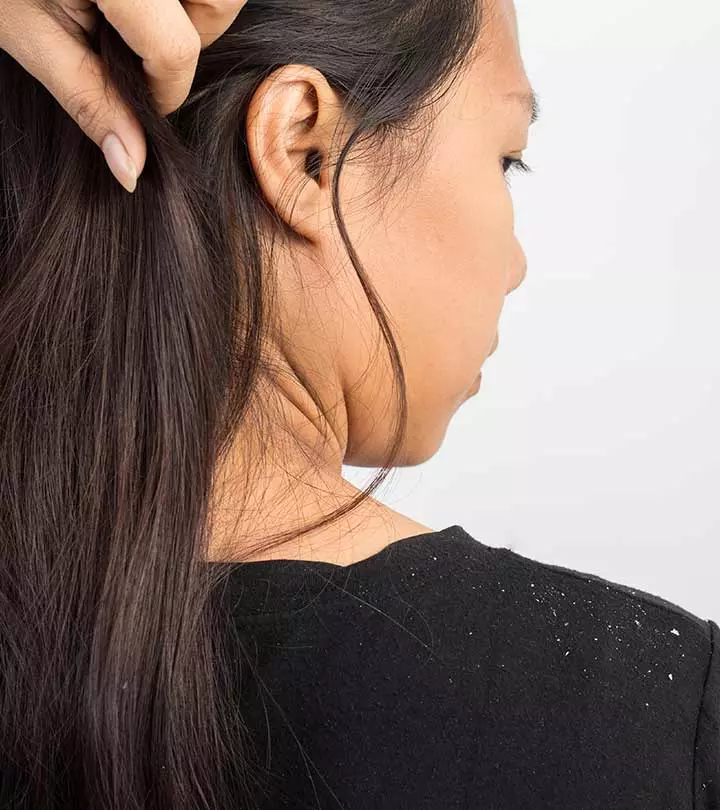
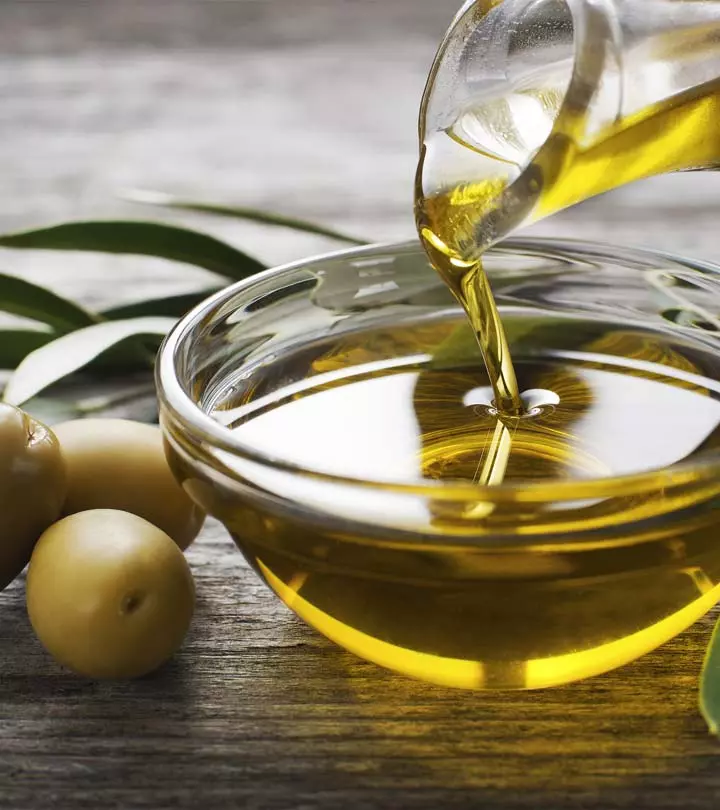
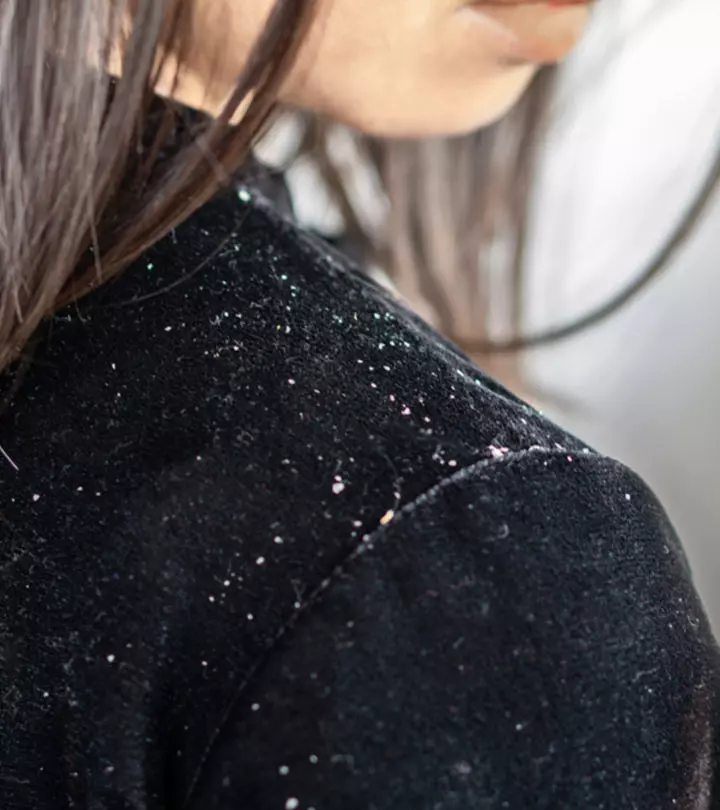
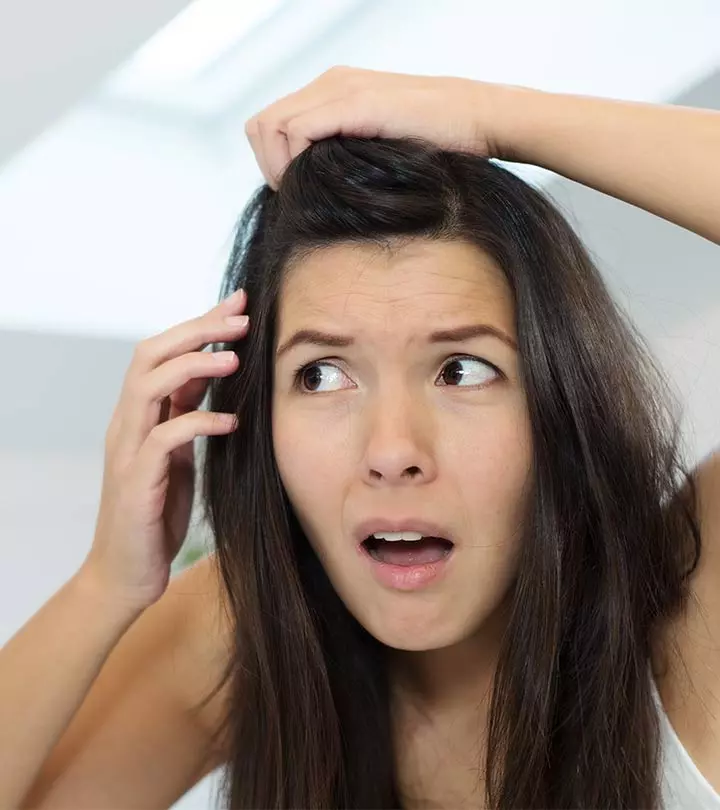
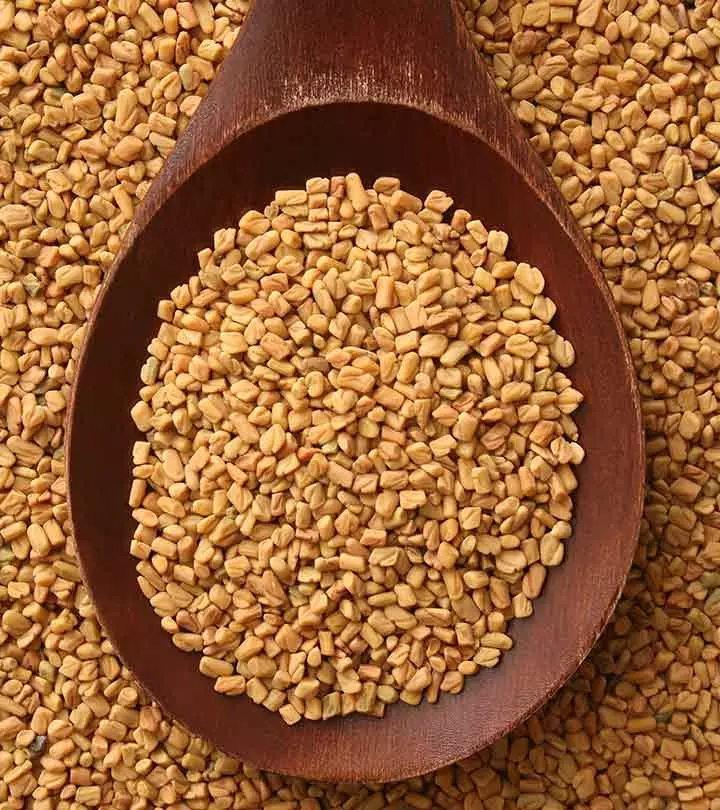

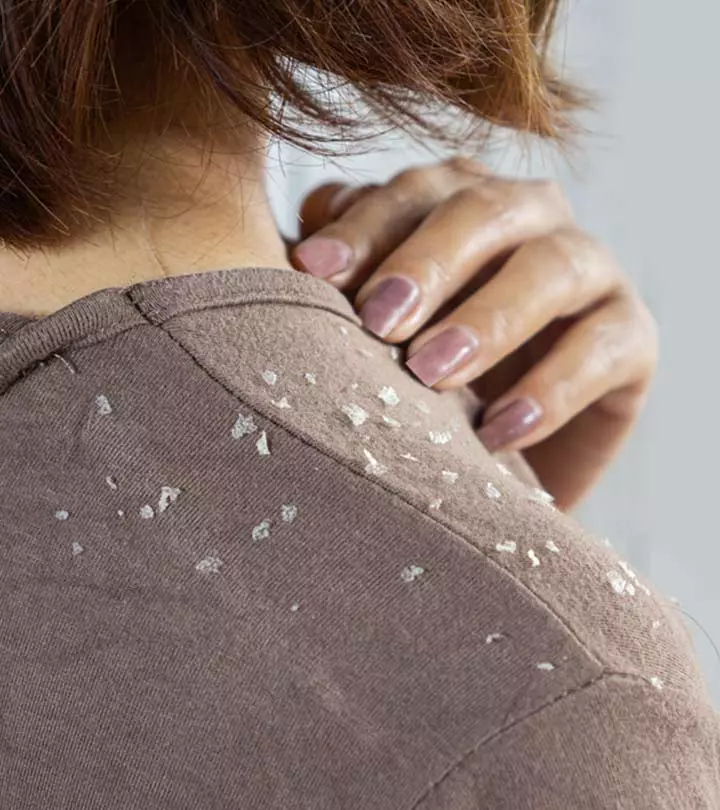
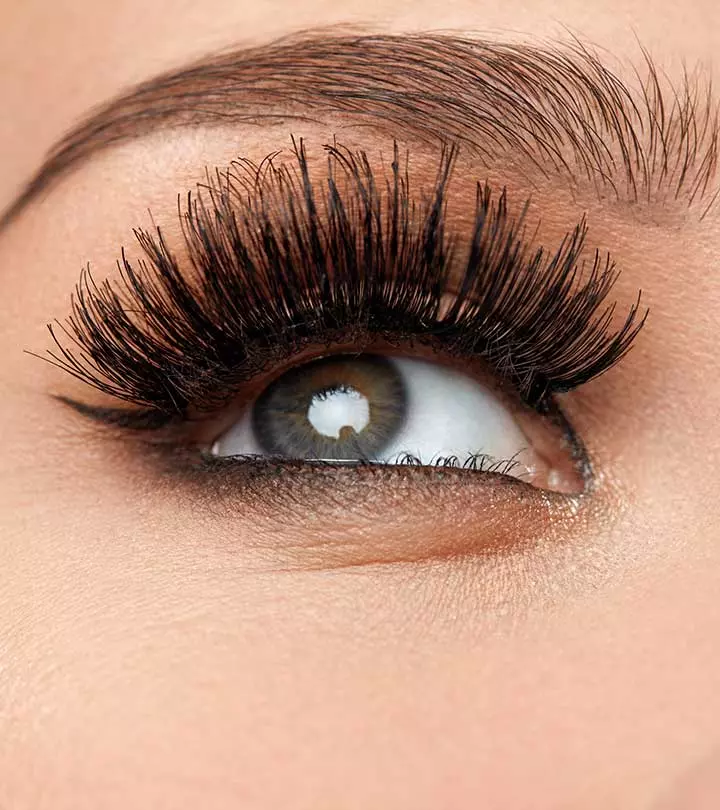
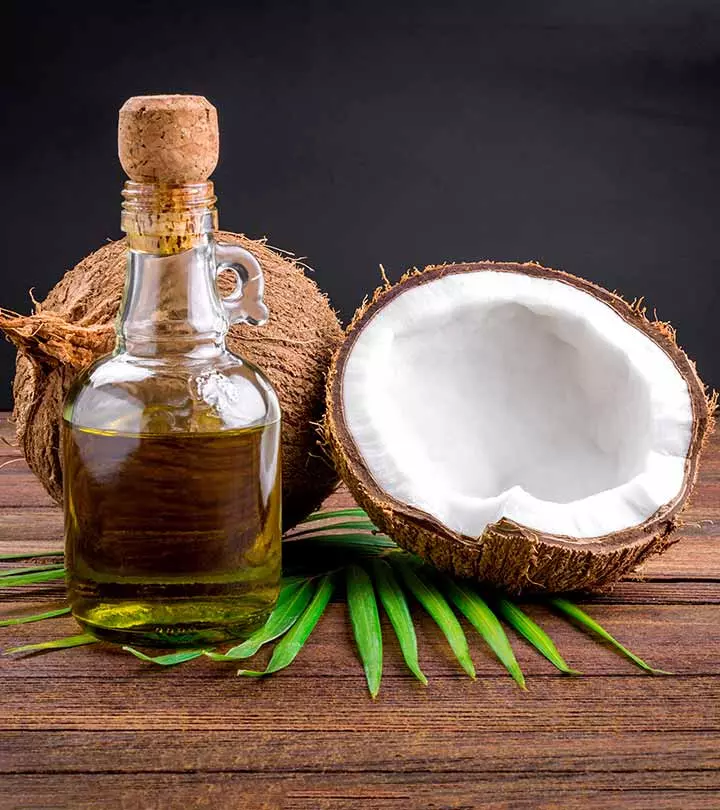
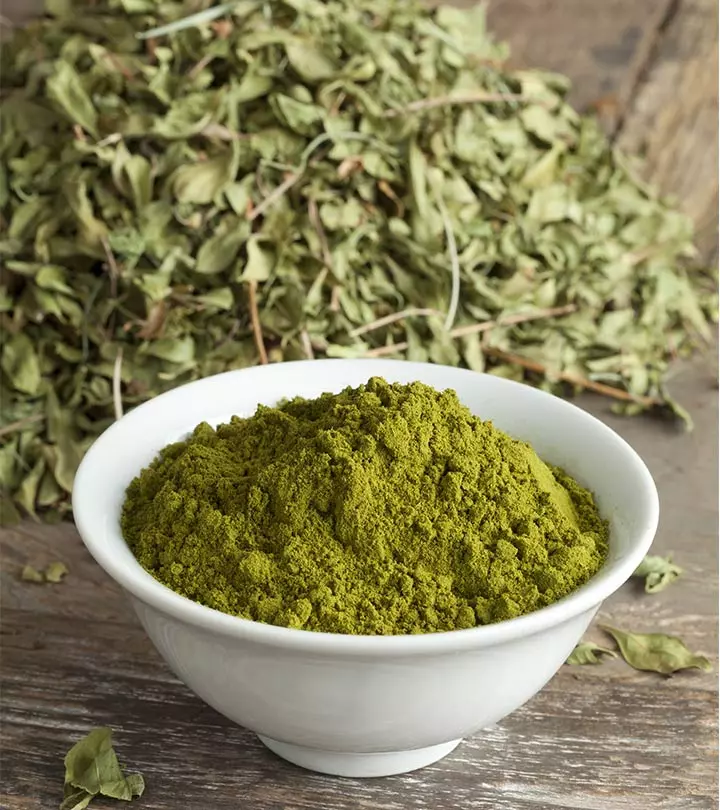
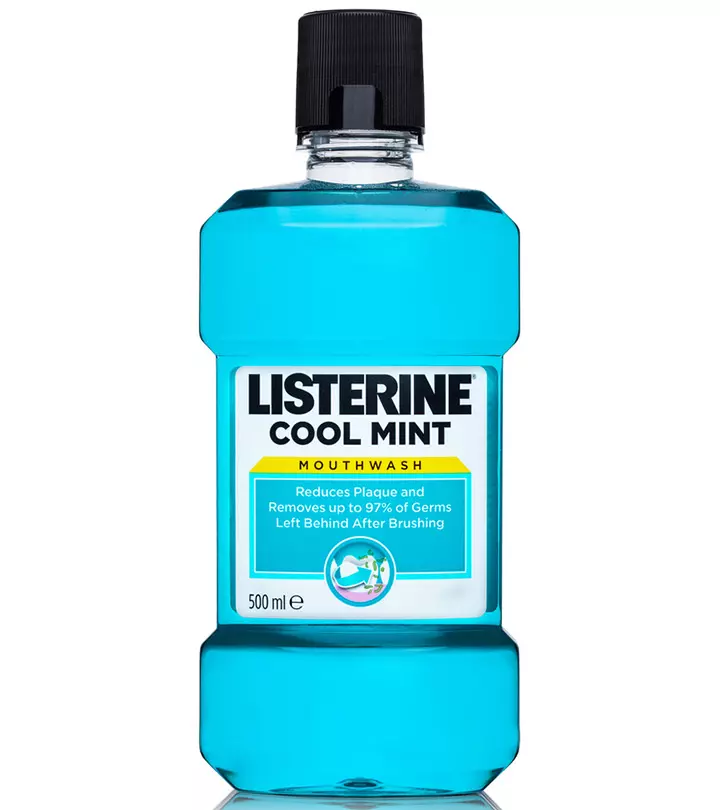
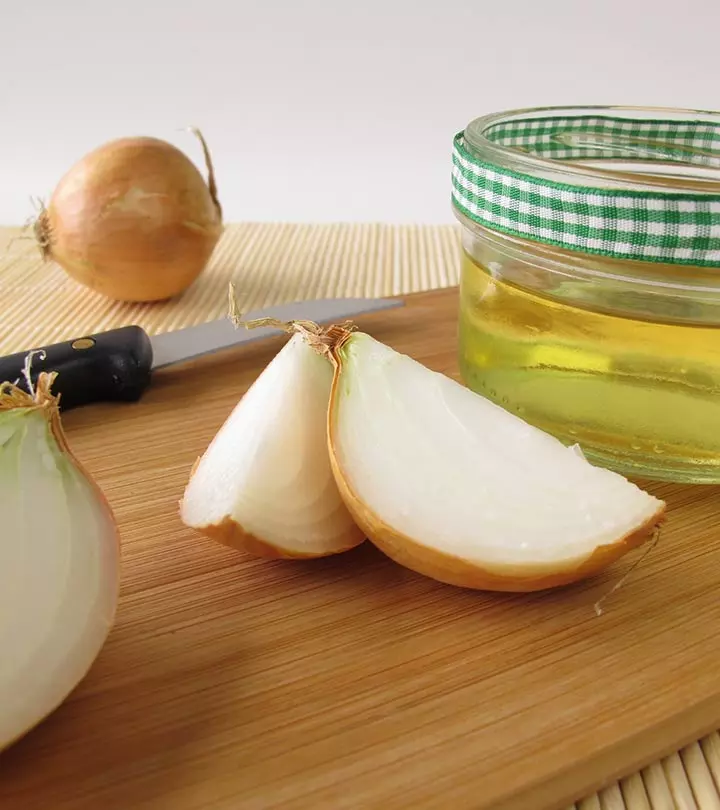
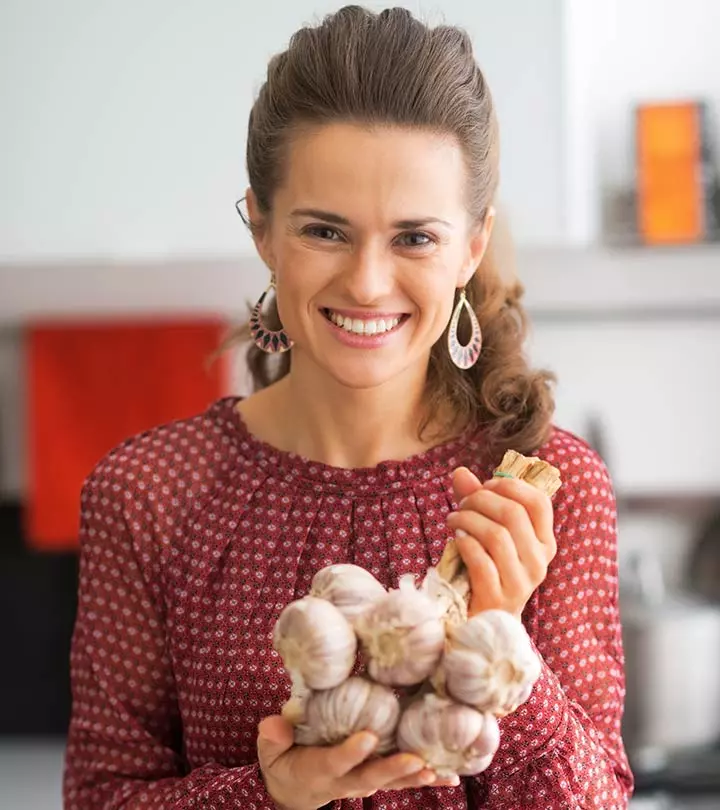
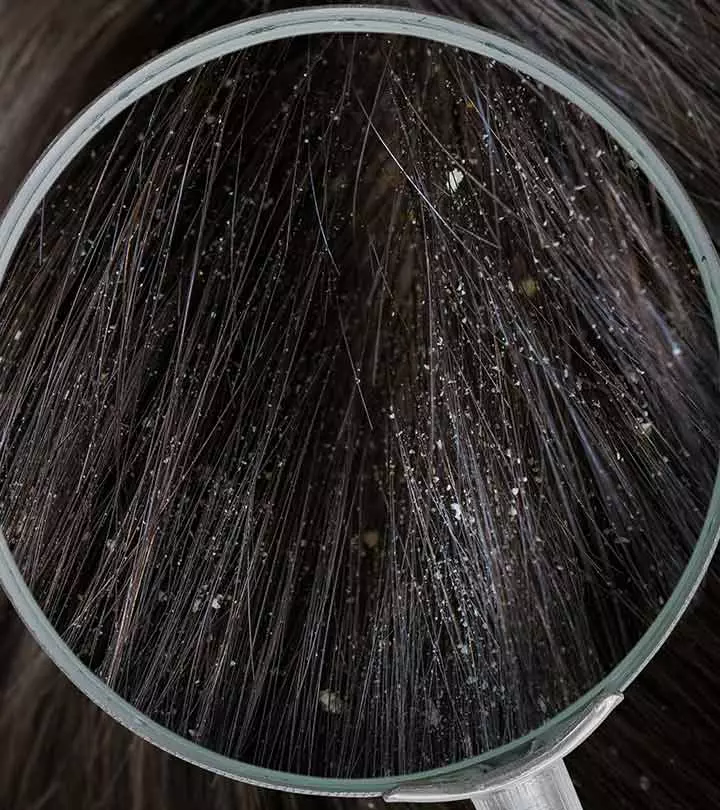
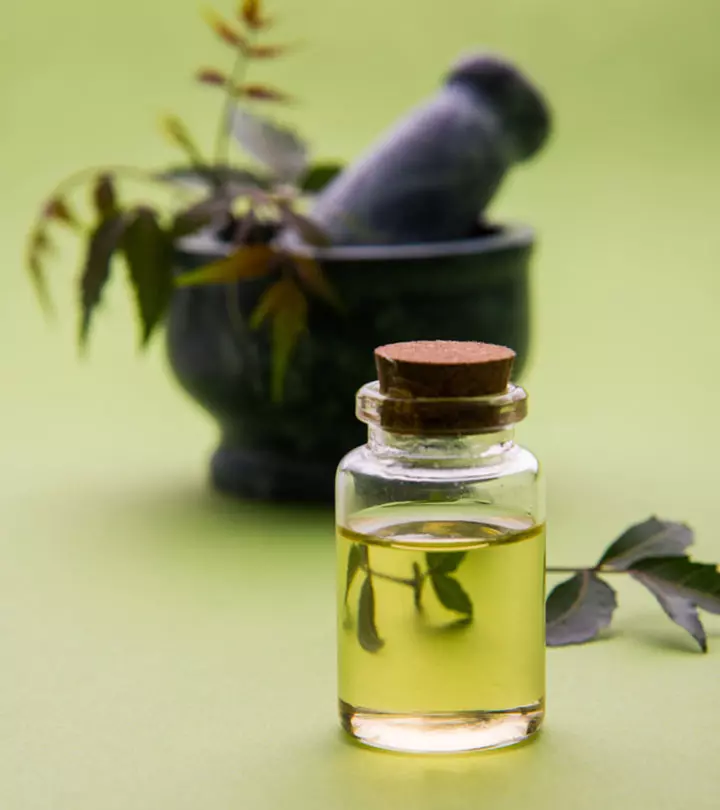
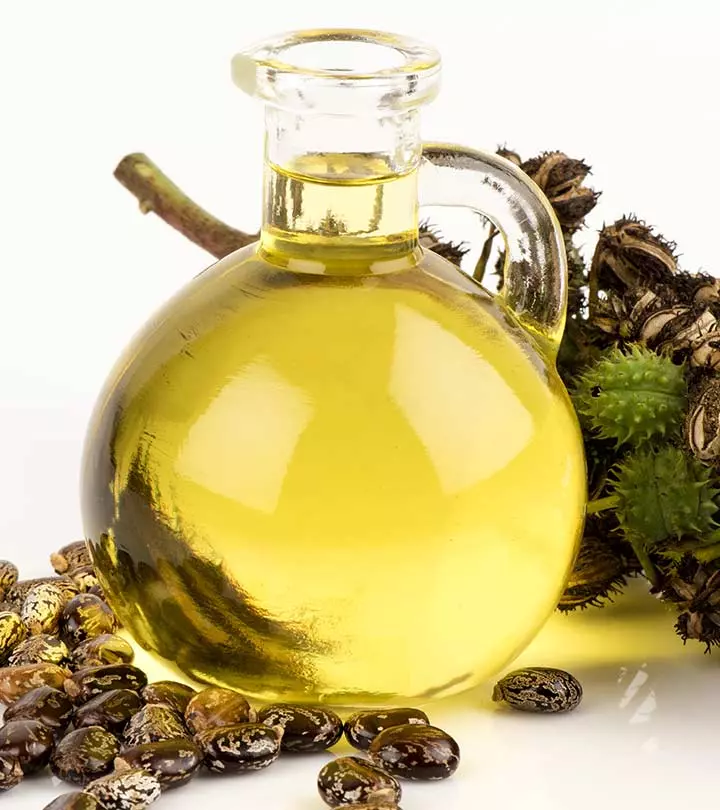
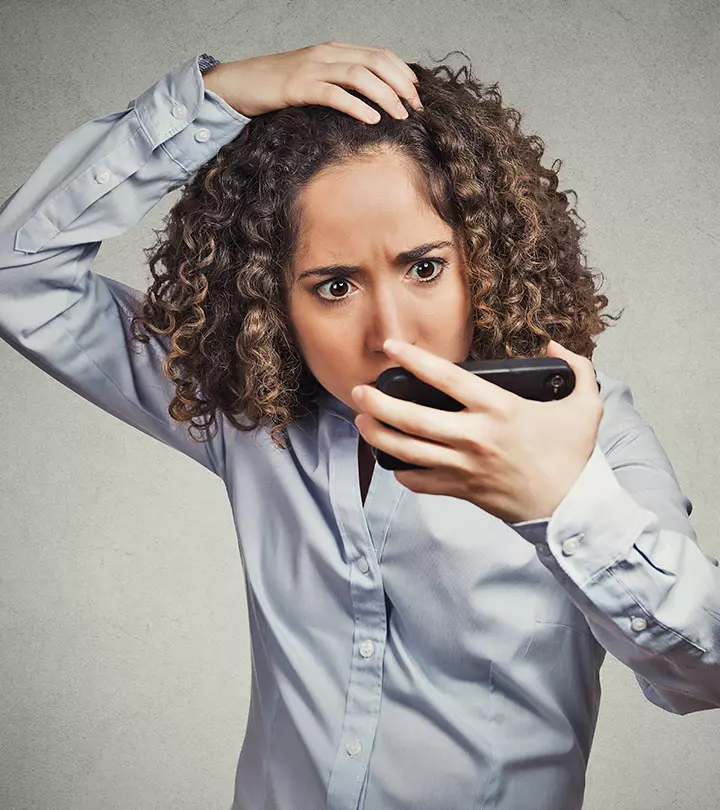
Community Experiences
Join the conversation and become a part of our empowering community! Share your stories, experiences, and insights to connect with other beauty, lifestyle, and health enthusiasts.